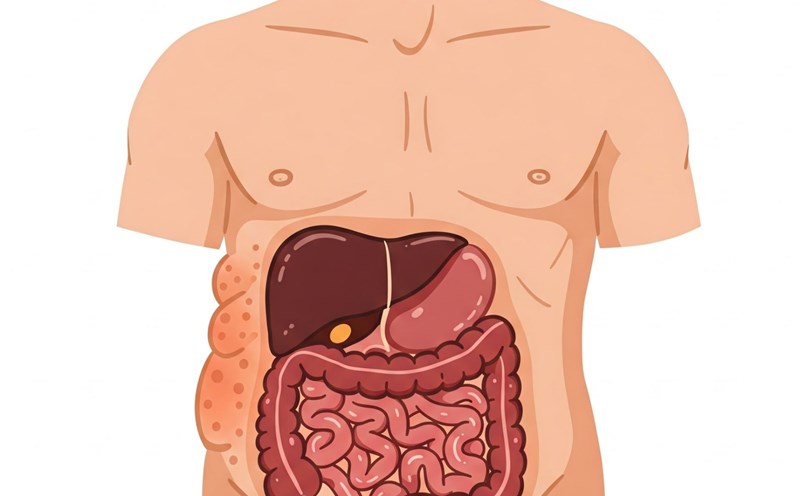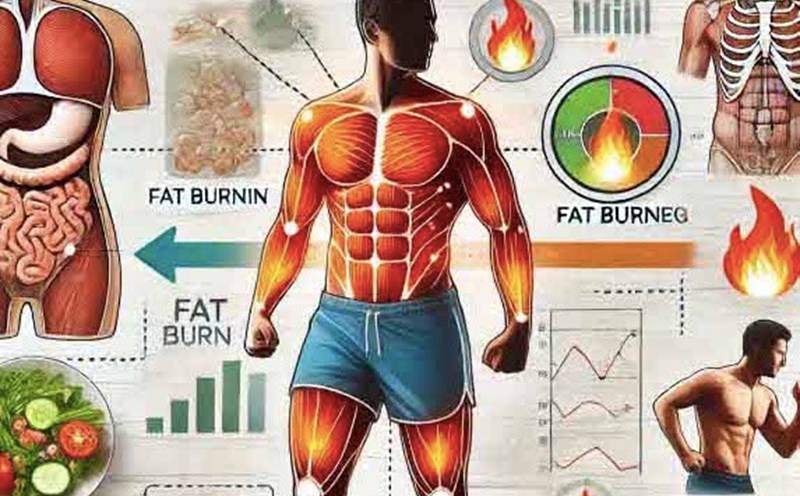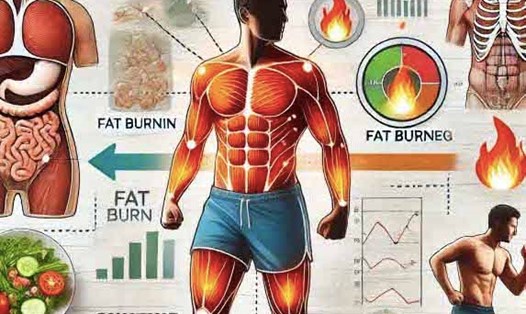Eat plenty of fresh fruits, vegetables and plant-based foods
Eat plenty of fresh fruits and vegetables, whole grains, beans, nuts, and olive oil every day. These plant-based foods not only have high nutritional density but are also rich in phytochemicals, which can fight inflammation and maintain the body's health. Using different spices can help reduce the amount of sodium salt used.
Olive oil is rich in monounsaturated fatty acids and many plant chemicals, which are very beneficial for heart health.
Eat fish, shrimp and seafood 2-3 times a week
Seafood is not only low in energy and rich in high-quality protein but also contains many unsaturated fatty acids, which are especially beneficial for heart health. Salmon, tuna, sardines, mackerel and shrimp are all good choices.
Eat less red meat
Red meat contains relatively high saturated fat, which will burden the cardiovascular system. We should add fish and shrimp to make meals more enriched, and at the same time be a healthy food source.
Eat skinless poultry and dairy products in moderation
Drink a glass of milk/yogurt every day and eat skinless chicken thighs 2-3 times a week. These foods can provide high-quality protein and dairy products can also provide more calcium, which can maintain bone and joint health.











